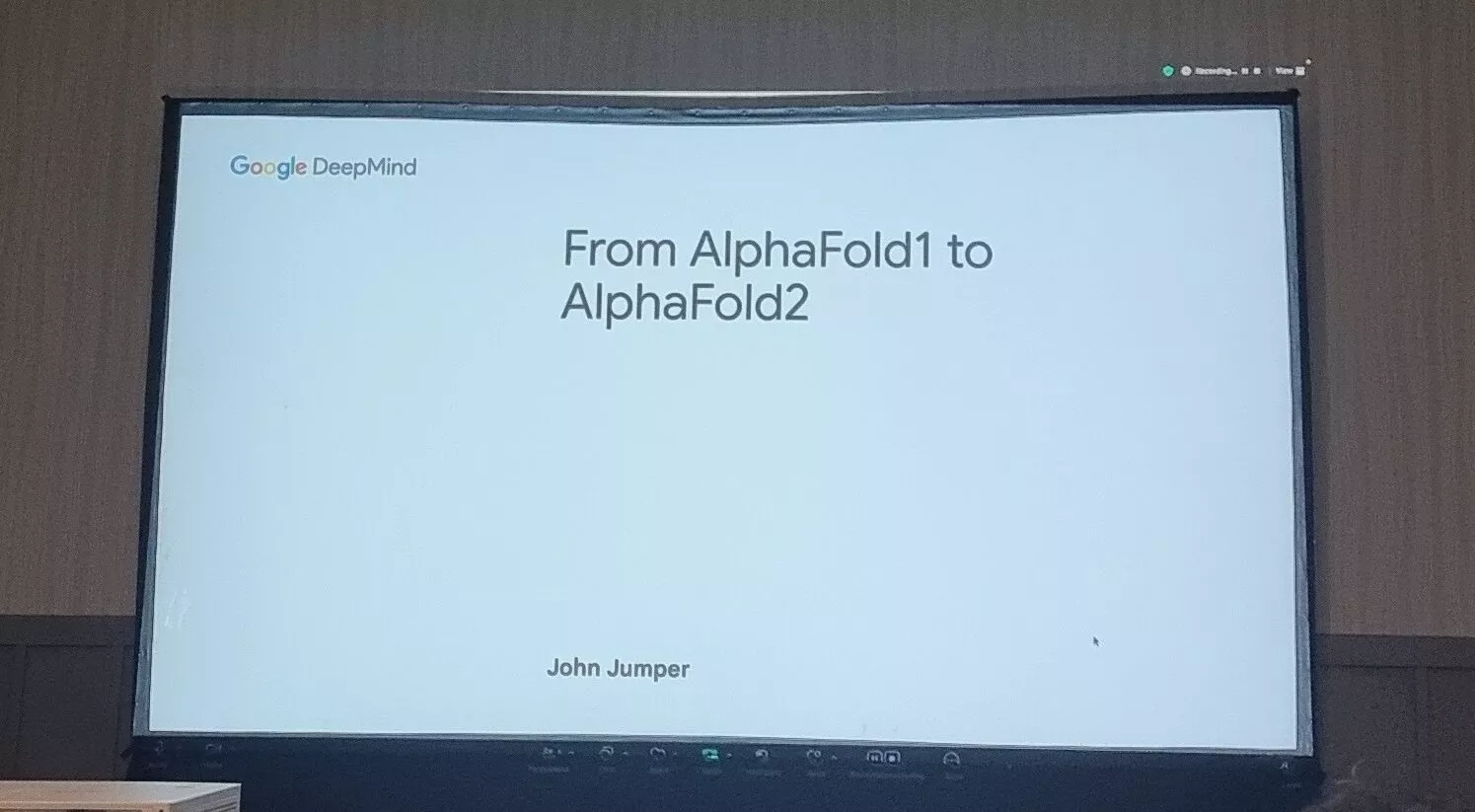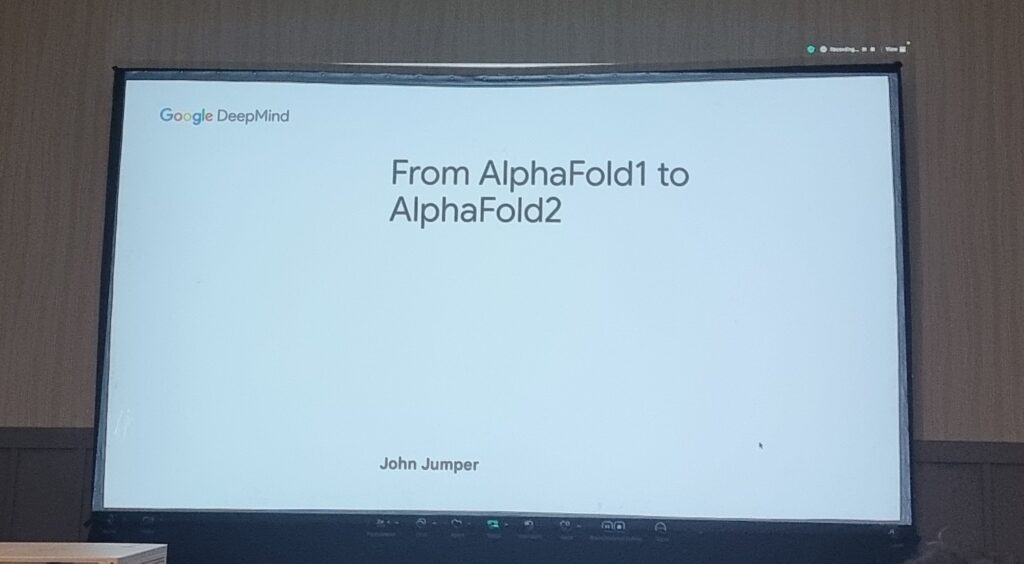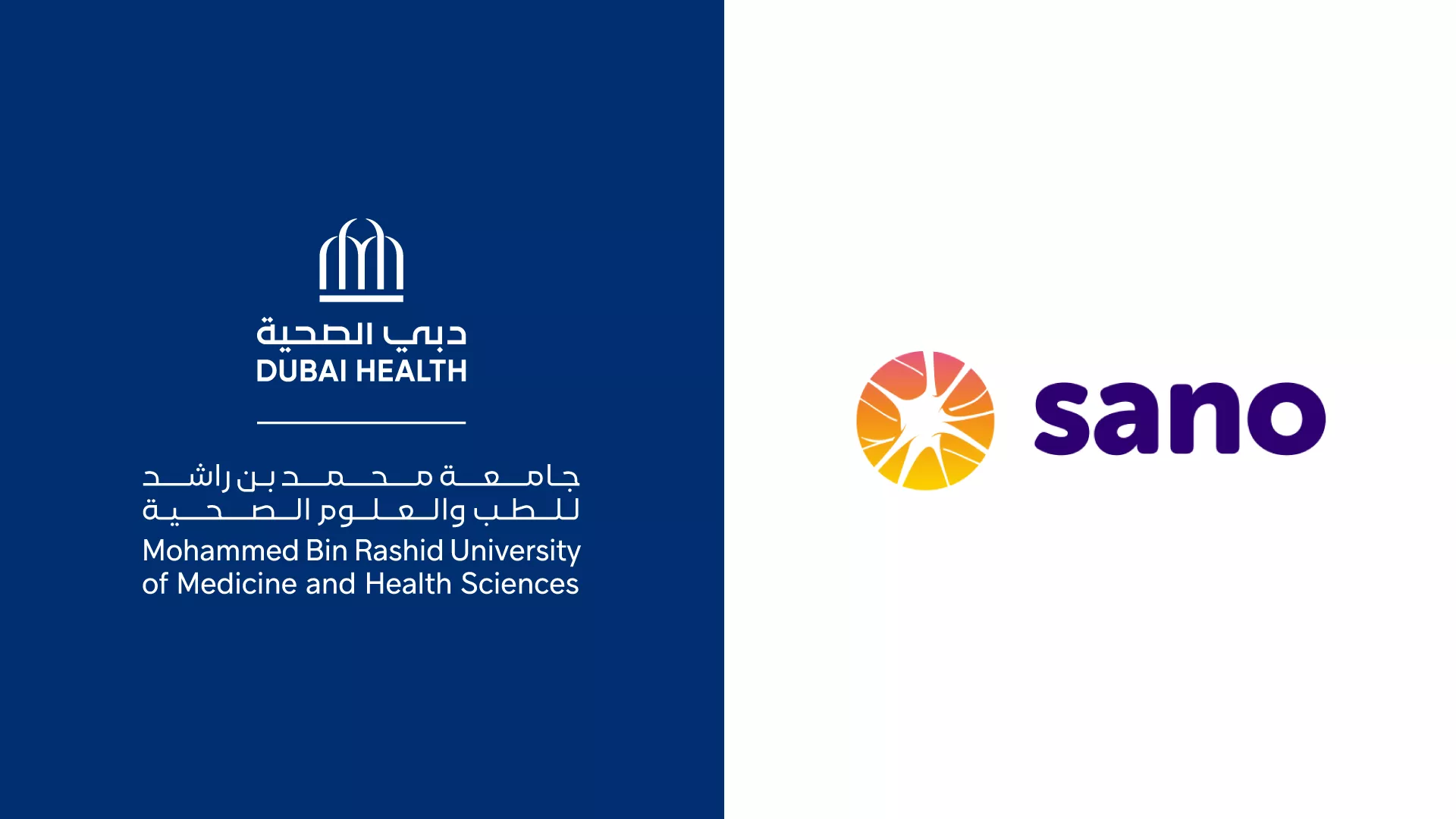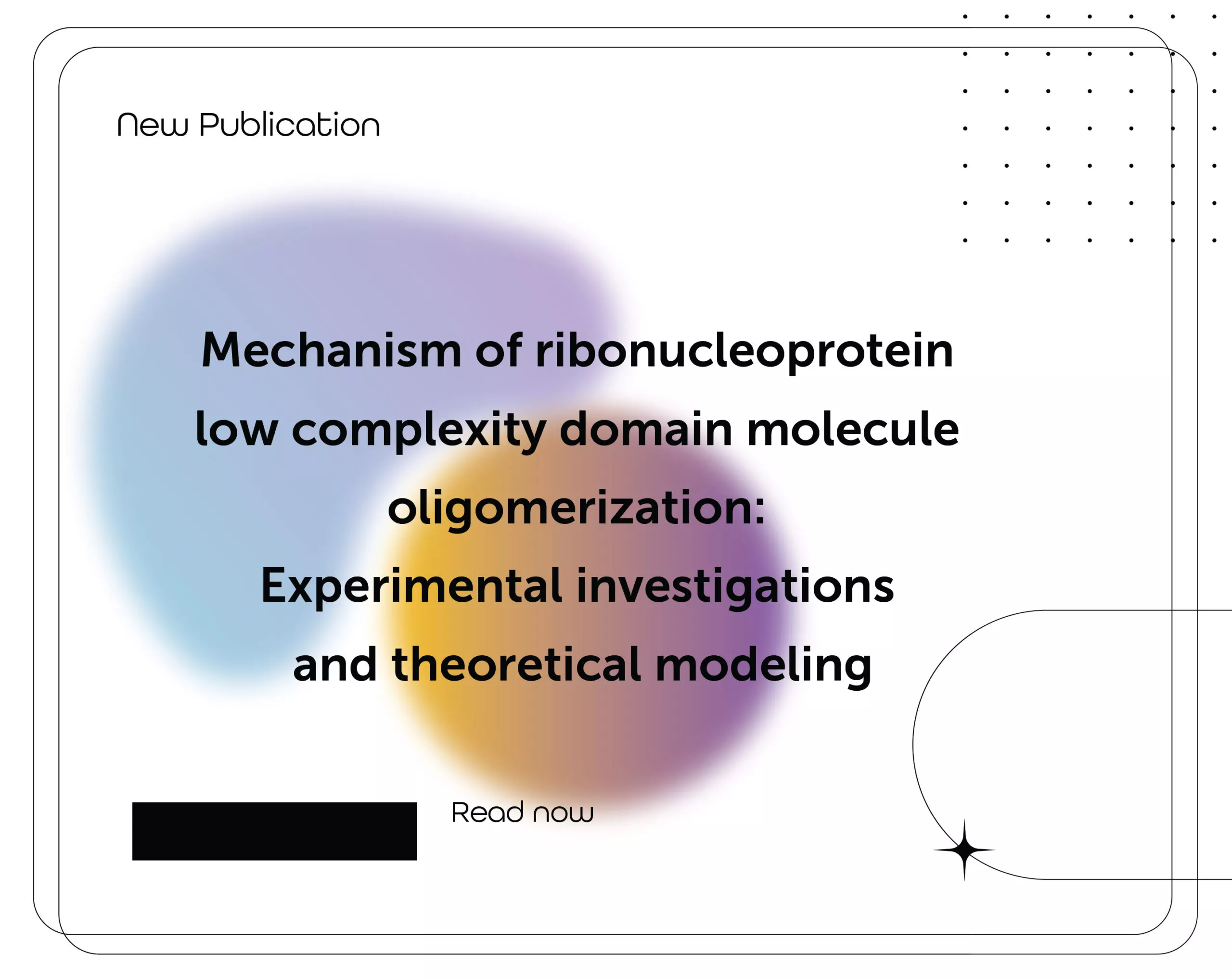
Paweł Szczerbiak at the CASP16 Conference
16th Community Wide Experiment on the Critical Assessment of Techniques for Protein Structure Prediction
The 16th Critical Assessment of Structure Prediction (CASP) experiment commenced on Sunday in Punta Cana, Dominican Republic. The event has already inspired attendees, offering valuable insights from leading experts in the field, including two Nobel Prize laureates in chemistry from 2014.
Paweł Szczerbiak shared some reflections on their keynote talks: John Jumper provided an insightful overview of the journey from AlphaFold 1 to AlphaFold 2. Like many large and highly complex projects, their path involved exploration and experimentation with various approaches. At the core of their strategy, however, was the development of a model designed to serve as a comprehensive and reliable end-to-end framework. This framework was intended to deeply understand the “language” of proteins, rather than merely functioning as a machine learning system inspired by computer vision. And that was the key to their success. David Baker delivered a fantastic presentation on de novo protein design that significantly broadens our perspective on how we think about proteins. Unsurprisingly, the system he designed is heavily based on AI (RFDiffusion, ProteinMPNN, RoseTTAFold /AlphaFold), enabling the tackling of important problems in medicine (vaccines, cancer treatment, drug delivery, etc.), technology (e.g., nano-scale manufacturing, bio-based computers), and sustainability (plastic degradation, artificial photosynthesis, and more).
“A good point is that we can draw immense inspiration from visionaries like John and David and do science on a similar level, provided we raise our ambitions and start thinking more on a global scale,” says Paweł Szczerbiak.
Did you know that…
CASP operates as an independent platform that assesses protein structure modeling methods through blind prediction tests coordinated by the Protein Structure Prediction Center. This Center’s mission is to improve methods of deriving protein structures from sequences. From May to August 2024, sequences of unknown protein structures are posted on their website (https://predictioncenter.org) for modeling, with the models collected and evaluated as data becomes available. The evaluation process involves approximately 100 global research groups whose models are assessed (throughout the summer and fall). Independent evaluators analyze these models in various prediction categories, and the website offers tools for model viewing, comparison, and analysis. These CASP experiments, now in their sixteenth iteration, serve to establish the state of the art in the field, monitor advancements, and identify areas needing focused effort. Detailed descriptions of past and upcoming experiments, including targets, predictions, and interactive evaluation tools, are accessible through the website: https://predictioncenter.org/index.cgi.






